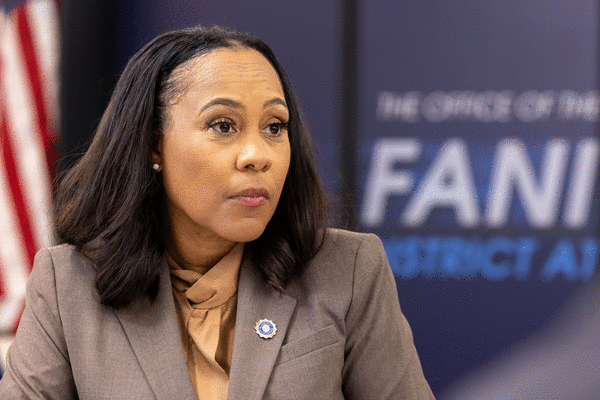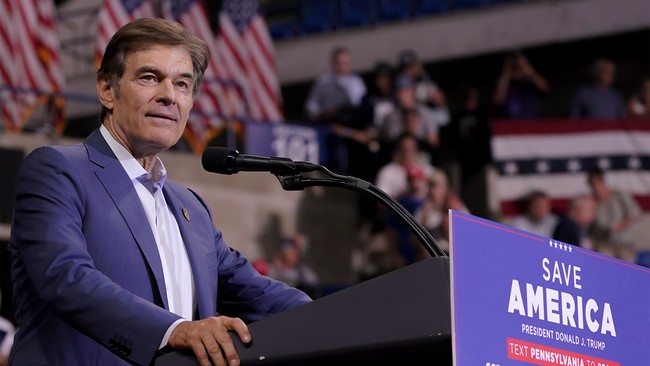Trump's Controversial Deportation Plan Unveiled
Donald Trump, poised for a potential return to the White House, is making waves with a bold proposal aimed at using military force to enact the largest deportation in U.S. history.
Published November 19, 2024 - 00:11am

Image recovered from vanityfair.com
Donald Trump, the former U.S. president and current president-elect, has revealed an ambitious and controversial plan to deport millions of immigrants from the United States. Central to this strategy is the declaration of a national emergency, enabling the use of military force for this purpose. This proposal marks a significant escalation in Trump's aggressive stance on immigration, a hallmark of his previous administration.
Trump's allies have been vocal about the intentions of the incoming administration. On the social media platform Truth Social, Tom Fitton of Judicial Watch, a conservative group, wrote that the administration is prepared to declare a national emergency to combat what he refers to as an invasion permitted by current policies. Trump himself affirmed this post, igniting further debate about his approach to immigration as he prepares for office in January 2025.
In a potential move fraught with legal challenges, Trump suggested that military resources could be deployed to manage the deportation of illegal immigrants. The proposal raises significant legal questions, particularly in light of the Posse Comitatus Act of 1878, which restricts the use of federal military personnel in domestic law enforcement. Despite these constraints, the use of the National Guard remains a viable option under Trump's plan, as it has more leeway in domestic operations.
Among the most contentious aspects of this plan is the potential invocation of the Alien Enemies Act of 1798, which allows the deportation of citizens from hostile nations. This has alarmed human rights advocates and legal experts, who warn that such measures could harm millions and disturb the socio-economic equilibrium within the U.S. The economic impact could be profound, with fears of exacerbating current labor shortages and inflation concerns.
Trump has appointed Tom Homan as his 'border czar' to lead these efforts, further indicating the seriousness with which he intends to pursue this agenda. Homan is known for his hardline immigration policies during Trump's first term, including the controversial family separation policy. His role will likely involve coordinating between various governmental agencies to ensure the swift implementation of the administration's goals.
Critics argue that this plan could have severe humanitarian and economic repercussions. Human rights organizations have expressed concern over the fate of the approximately 11 million undocumented individuals currently living in the United States, many of whom contribute significantly to the economy. Economists warn that the removal of these workers could lead to substantial disruptions in sectors that rely heavily on immigrant labor.
The proposed plan is part of Trump's broader promise to deliver the largest deportation program in American history, a pledge he made during his campaign rallies. He has been unrelenting in his criticism of cities adopting sanctuary policies, threatening to cut federal funding if these cities do not comply with immigration enforcement efforts.
As Trump and his team prepare to take action, the proposal is set to face substantial opposition. Legal challenges are expected to arise from various quarters, including immigration advocacy groups and state governments, potentially leading to lengthy courtroom battles. The Supreme Court, with its current conservative majority, will play a critical role in determining the feasibility of Trump's immigration agenda.
Whether Trump's plans will be fully realized remains uncertain. Nonetheless, his announcement has already galvanized both supporters and opponents, setting the stage for a heated national debate on immigration policy and the extent of executive power in the United States.







